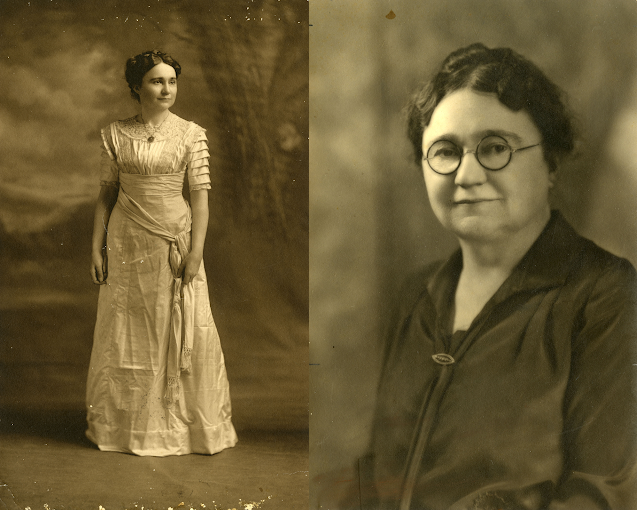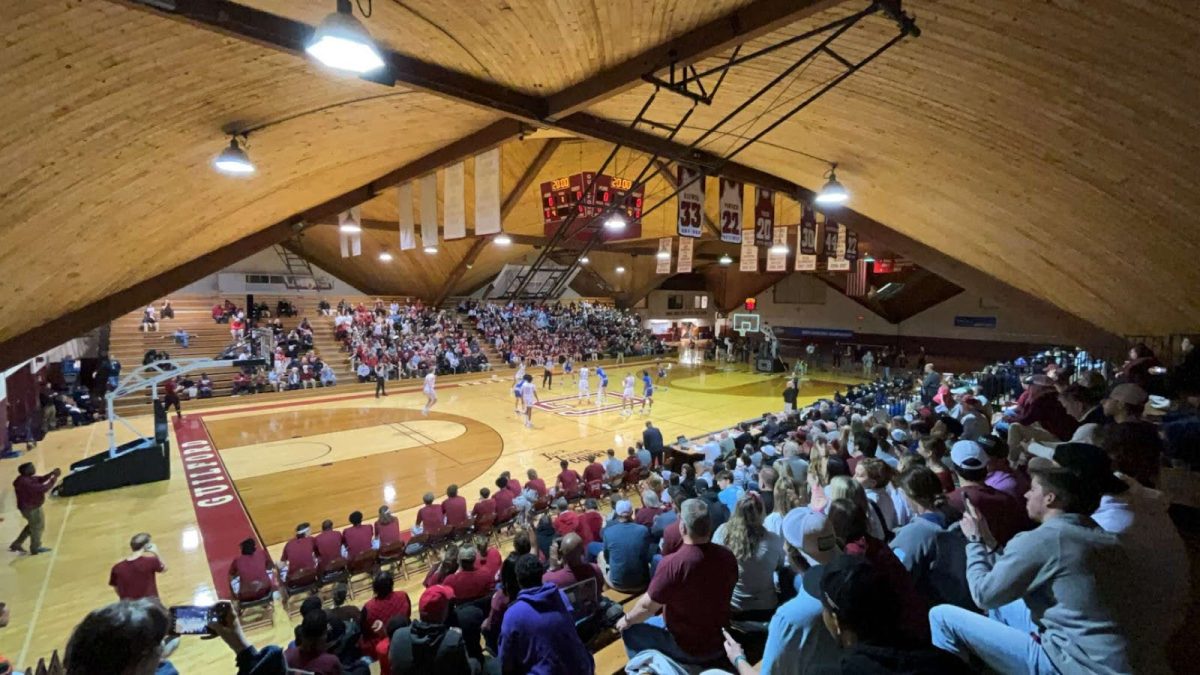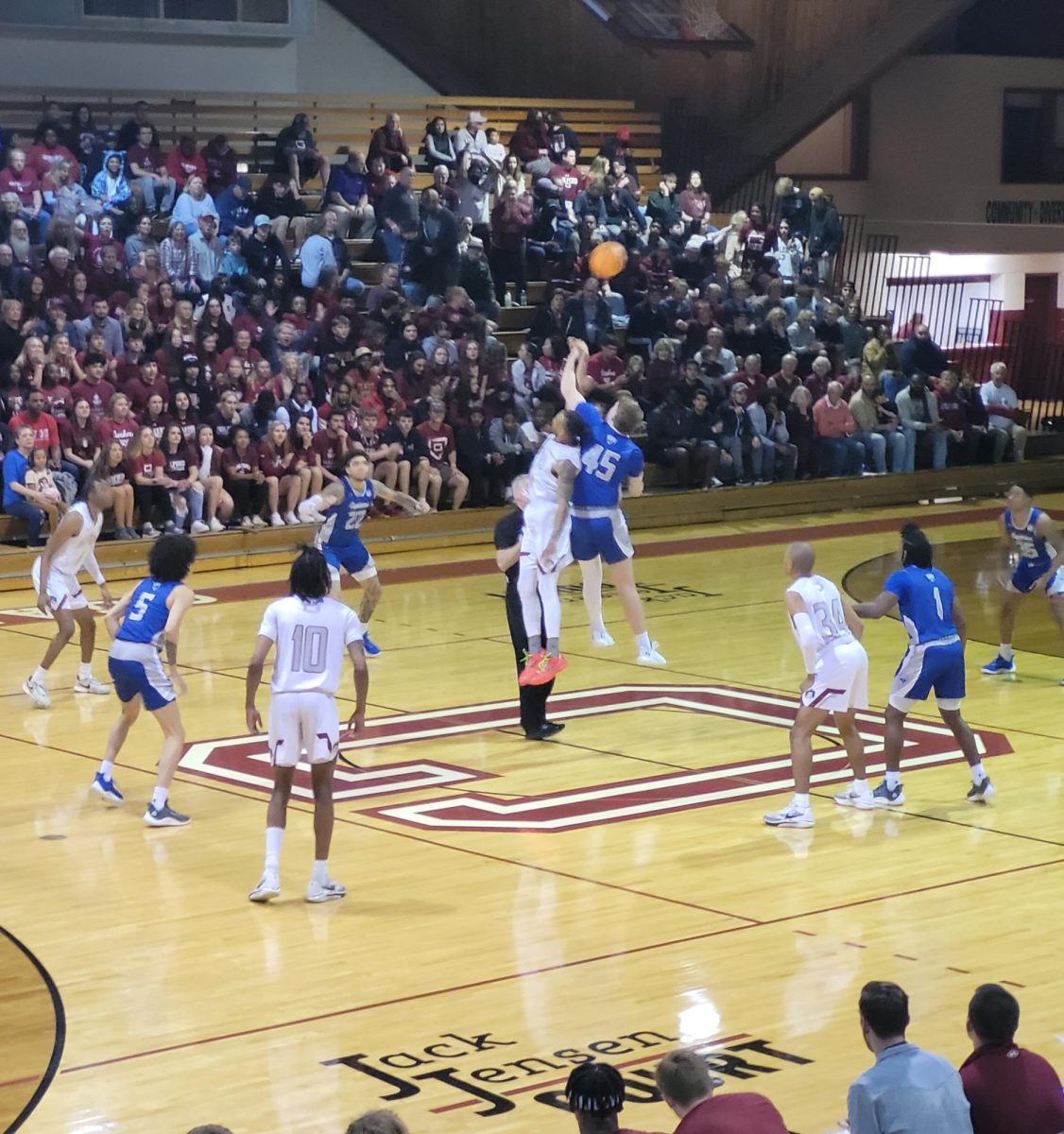Joseph M. Bryan Auditorium was nearly full by 5:50 p.m. Thursday night, Aug. 28as Guilford students, faculty, staff and Greensboro community members gathered to listen to five panelists speak about the recent escalation of violence in Gaza, which is occupied by Israel.
Moderated by Associate Professor and Chair of Religious Studies Eric Mortensen, the panel was titled “Perspectives on Gaza: Israel, Palestine, and the Ghosts of Catastrophe.” Alongside Mortensen were Max Carter, Ari Gauss, Betsy Mesard, Joe Cole, Jeremy Rinker and Diya Abdo. Panelists spoke from their own experiences with the region and how it relates to their field of study. The panel is the first of a series of events addressing the conflict in Palestine.
Abdo, associate professor and chair of the English Department, had approached Carter, Friends Center director and adjunct professor of religious studies, about the possibility of a collective faculty stance against the genocidal attacks on Gaza this summer. However, because Quaker process requires the consensus of all parties, it seemed unlikely they would find common ground. Instead, they decided to go to the marketing department to ask for money to help publicize previously planned events (such as this panel) in places in the News and Record, but were told there was a lack of money in the budget for such needs.
Carter introduced the presentations with an explanation of the competing narratives surrounding the Palestinian-Israeli conflict and a reminder to the audience to “leave (their) agendas at the door.”
Ari Gauss, the executive director of North Carolina Hillel, titled his presentation “In the Aftermath, New Possibilities for Peace,” which proved to be somewhat of a misnomer. Gauss explained he is Jewish, not Israeli, and positioned himself in the “peace camp” committed to a two-state solution.
While he did not acknowledge “particular tactics, decisions made in the heat of battle, and bad intelligence,” he did ask “what else should Israel have done?”
Gauss did not discuss what he thought new possibilities for peace could be.
Betsy Mesard, visiting professor of religious studies, was next. Mesard relayed two points to help audience members understand why Hamas has resorted to armed force.
The first reason, she said, is the perceived failure of non-violent resistance since the first Intifada. The second reason is the Israel-controlled blockade denying Gaza access to the outside world by air, land or sea.
The destruction of farms and crops from repeated Israeli attacks has depleted Gaza’s resources, forcing inhabitants to rely on Israeli products, making the possibility of boycotts unfeasible.
Mesard offered Hamas’ actions as acts of desperation as well as acts of agency. She ended her talk urging the audience to learn about Palestinian non-violent resistors and Israeli conscientious objectors.
The subsequent presentations by Peace & Conflict Studies Chair Jeremy Rinker and Visiting Assistant Professor of Philosophy Joseph Cole established theoretical foundations for analyzing the conditions of war. Cole’s talk examined where the competing narratives Carter touched on are derived. Rinker spoke about the language of conflict as well as his visit to the region this past summer.
It was Abdo’s talk, however that deeply moved audience members.
Abdo spoke of growing up in Palestine and her family’s intimate experiences with the occupation.
“(Teaching allows me to) reconcile being an Arab and being a woman,” said Abdo. “My nationalist self comes to terms with my feminist self.”
For now however, she described herself as distraught. “This is not a teaching moment for me except that it teaches me that perhaps there are limits to intellectualizing catastrophe,” said Abdo.
Abdo expressed disappointment in Guilford’s lack of a clear stance on Israel’s attacks this summer, referencing Bryn Mawr’s cancellation of classes after the bombing of Cambodia in 1969.
“I don’t want to teach about Palestine so that others may take a stand; I want to take a stand that teaches others” said Abdo.
She ended her speech by repeating her indisputable truth: “Palestinian lives are not disposable,” said Abdo. The audience rose for a standing ovation.











